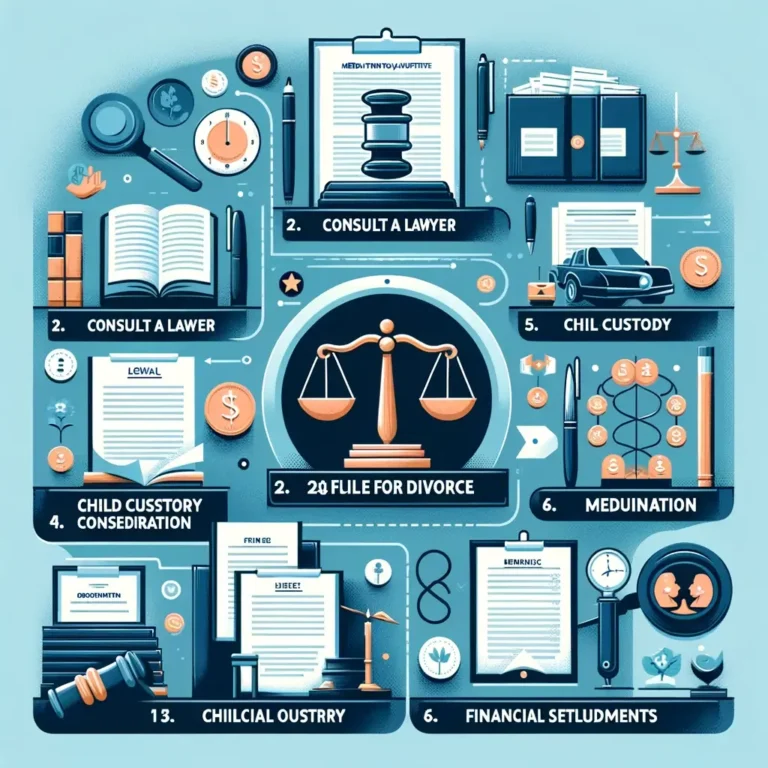In this article we have discussed about Effective Defense Strategies For Robbery Trials
Introduction to Robbery Laws in India
Robbery is a serious crime in India, governed by the Indian Penal Code (IPC). Understanding the legal framework and defense strategies for robbery trials is crucial for those facing charges. This article outlines effective defense strategies.
Understanding Robbery Under Indian Law
What Constitutes Robbery?
Under the IPC, robbery combines theft or extortion with the immediate use of force or the threat of force. This crime is more severe than theft due to the violence involved or the threat of violence.
Legal Provisions
Robbery is primarily covered under sections 390 to 394 of the IPC, detailing the offense’s nature, associated penalties, and aggravated forms of robbery.
Effective Defense Strategies For Robbery Trials in India
Navigating a robbery trial requires a robust defense. Here are key strategies that can be employed:
Establishing an Alibi
One of the strongest defenses is proving the accused was elsewhere when the crime occurred. Reliable witnesses or electronic evidence (like GPS data) can support an alibi.
Questioning the Evidence
Scrutinizing the Prosecution’s Evidence
A defense lawyer can challenge the reliability and legality of the evidence presented by the prosecution. This includes questioning the collection, handling, and storage of physical evidence.
Cross-Examining Witnesses
Witnesses’ credibility can be challenged through cross-examination. Inconsistencies in testimonies can be highlighted to create reasonable doubt.
Arguing Lack of Intent
For a robbery conviction, intent to commit the crime is crucial. Demonstrating the absence of intent to use force or commit theft can weaken the prosecution’s case.
Highlighting Procedural Errors
Pointing out any procedural lapses during the investigation or arrest can be a viable defense. This includes violations of legal rights or improper evidence collection.
Negotiating Plea Bargains
In some cases, negotiating a plea for a lesser charge is advisable. This approach can lead to reduced penalties and is often considered when the evidence against the accused is strong.
The Role of Legal Representation
Choosing the Right Defense Attorney
Selecting an experienced criminal defense attorney is crucial. A lawyer with a robust understanding of the IPC and experience in robbery trials can navigate the complex legal landscape effectively.
You can also read : How do you find a good lawyer?
Preparing for Trial
Preparation involves gathering evidence, identifying witnesses, and formulating a comprehensive defense strategy. A proactive approach can significantly impact the trial’s outcome.
Conclusion: Navigating Robbery Trials with Effective Defense
Facing a robbery charge in India is daunting, but understanding your legal rights and employing effective defense strategies can make a significant difference. With the right approach and legal representation, it’s possible to navigate the complexities of the legal system and achieve a favorable outcome.
FAQ on Defense Strategies for Robbery Trials in India
1. What is robbery under Indian law?
Robbery under Indian law involves theft or extortion with immediate force or threat of force, as defined under sections 390 to 394 of the Indian Penal Code (IPC).
2. Can an alibi effectively defend against a robbery charge?
Yes, an alibi proving the accused was elsewhere at the time of the crime is a strong defense against a robbery charge.
3. How important is intent in a robbery trial?
Intent is crucial; demonstrating the accused did not intend to commit robbery can significantly weaken the prosecution’s case.
4. What role does evidence play in a robbery trial?
Evidence is pivotal in establishing guilt or innocence. Challenging the reliability and legality of prosecution evidence can be a key defense strategy.
5. Can procedural errors impact a robbery case?
Yes, highlighting procedural lapses or violations of legal rights during investigation or arrest can serve as an effective defense.
6. Is cross-examining witnesses important in robbery trials?
Cross-examining witnesses to find inconsistencies or question credibility can create reasonable doubt, benefiting the defense.
7. How can a defense attorney challenge the prosecution’s evidence?
A defense attorney can challenge evidence by questioning its collection, handling, storage, and relevance to the case.
8. What is a plea bargain, and how does it work in robbery cases?
A plea bargain involves negotiating a guilty plea for a lesser charge, potentially leading to reduced penalties, and is considered when evidence against the accused is strong.
9. Are there any defenses specific to aggravated forms of robbery?
Defenses for aggravated robbery, like arguing against the use of weapons or serious injury, require specific evidence and legal arguments.
10. How does the law differentiate between theft and robbery?
Robbery involves theft or extortion combined with force or the threat of force, making it a more severe crime than theft alone.
11. Can lack of evidence lead to acquittal in a robbery trial?
Yes, if the prosecution fails to provide sufficient evidence, it can result in the acquittal of the accused.
12. What does “reasonable doubt” mean in the context of robbery trials?
Reasonable doubt refers to uncertainty about the accused’s guilt; if established, it can lead to acquittal.
13. How can digital evidence be used in defense against a robbery charge?
Digital evidence, like GPS data or CCTV footage, can support an alibi or challenge the prosecution’s narrative.
14. Can character evidence benefit the defense in a robbery trial?
Yes, presenting evidence of good character can influence the jury’s perception and contribute to the defense.
15. What is the significance of eyewitness testimony in robbery trials?
Eyewitness testimony can be compelling, but challenging its accuracy or credibility can be an effective defense strategy.
16. How can inconsistencies in the prosecution’s case be exploited?
Highlighting inconsistencies in witness statements or evidence can create doubt and benefit the defense.
17. What are the penalties for robbery in India?
Penalties vary but can include imprisonment, fines, or both, depending on the severity of the crime.
18. Can mistaken identity be a defense in a robbery case?
Yes, arguing mistaken identity, supported by evidence, can be a valid defense strategy.
19. How do judges determine sentences in robbery cases?
Judges consider factors like the crime’s severity, the accused’s role, and any aggravating or mitigating circumstances.
20. Can the victim’s testimony be challenged in court?
Yes, the defense can challenge the victim’s testimony for inconsistencies or bias.
21. What is the impact of a previous criminal record on a robbery trial?
A previous criminal record may influence sentencing but is separate from the determination of guilt in the current case.
22. How does the defense prepare for a robbery trial?
Preparation involves gathering evidence, formulating a strategy, and possibly negotiating plea bargains.
23. What is the role of a public defender in a robbery case?
Public defenders represent those unable to afford private counsel, providing legal defense in robbery trials.
24. Can surveillance footage be used in defense?
Yes, surveillance footage can corroborate an alibi or challenge the prosecution’s case.
25. How does the defense handle forensic evidence?
The defense may question forensic evidence’s accuracy, handling, or relevance to the case.
26. What are the consequences of a robbery conviction?
Consequences can include imprisonment, fines, and a criminal record, impacting future opportunities.
27. Can the accused testify in their defense?
Yes, the accused can testify, providing their account of events, but they should consider the risks of cross-examination.
28. How do social media and digital communications play a role in defense?
Digital communications can provide evidence of whereabouts or intentions, aiding the defense.
29. What is the importance of jury perception in a robbery trial?
Jury perception can significantly impact the trial’s outcome, making character evidence and presentation crucial.
30. Can changes in legal representation affect a robbery case?
Changing legal representation can affect case strategy and dynamics, but it may be necessary for effective defense.
Sources:-
















